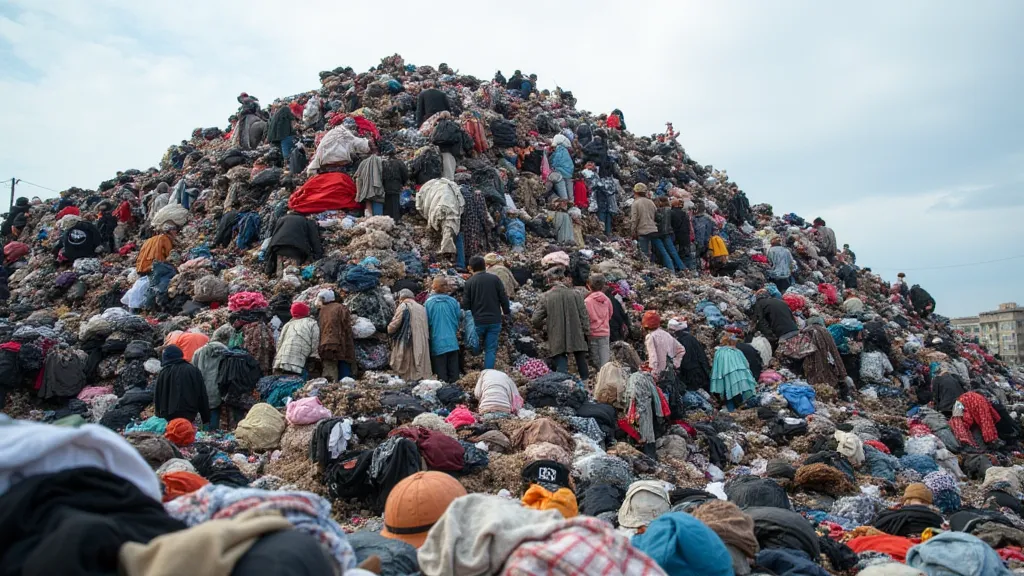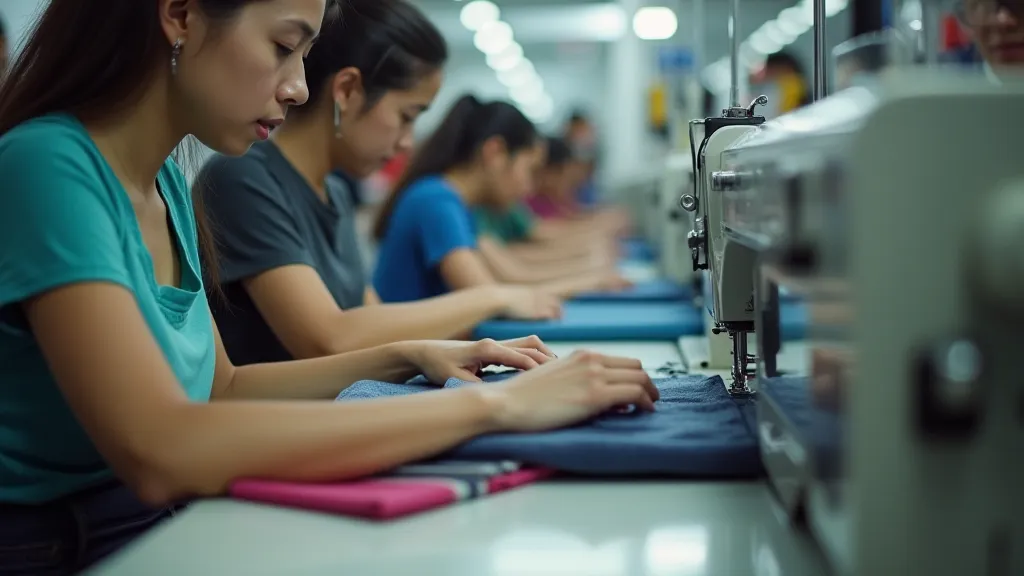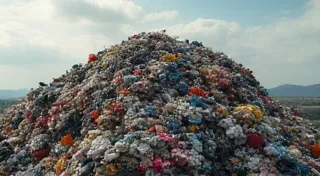The Truth About Fast Fashion: Why it's Harmful and What You Can Do
Fast fashion. The term itself suggests a quick turnaround of trendy, inexpensive clothing. While the low prices and constant new arrivals might seem appealing, the reality is far more complex and, frankly, deeply concerning. This article will explore the devastating impact of fast fashion on our planet and the people who make our clothes, and offer practical steps you can take to build a more sustainable wardrobe.
What is Fast Fashion?
Fast fashion refers to the rapid production of inexpensive clothing by mass-market retailers. It's characterized by quickly translating runway trends (or even social media trends) into affordable garments, often mimicking high-end designs. The focus is on volume – getting as many new items into stores as quickly as possible to drive constant sales.

The Environmental Impact: A Heavy Toll
The environmental costs of fast fashion are staggering. Here's a breakdown of the key issues:
- Water Consumption: The fashion industry is a massive water consumer. Growing cotton, a primary fabric for many fast fashion items, requires enormous amounts of water. Dyeing and finishing fabrics also uses vast quantities of water, often releasing polluted wastewater into rivers and streams.
- Pollution: Textile production is a major source of water pollution, releasing chemicals and dyes into the environment. Microplastics shed from synthetic fabrics (like polyester and nylon) during washing contribute significantly to ocean pollution.
- Waste Generation: Fast fashion encourages a "wear it once or twice, then toss it" mentality. Mountains of discarded clothing end up in landfills, where they decompose and release greenhouse gases.
- Carbon Emissions: The entire lifecycle of a garment – from raw material extraction to manufacturing, transportation, and disposal – contributes to carbon emissions, exacerbating climate change.
- Deforestation: Viscose, a popular fabric, often originates from trees that are felled, contributing to deforestation and habitat loss.
The Human Cost: Exploitation and Unsafe Working Conditions
Beyond the environmental impact, fast fashion often comes at a significant human cost. Many garments are produced in developing countries where workers face:
- Low Wages: Garment workers are frequently paid extremely low wages, often below a living wage.
- Unsafe Working Conditions: Factories can be poorly maintained, with inadequate safety measures, increasing the risk of accidents and injuries.
- Long Working Hours: Workers often face excessive working hours, with little or no overtime pay.
- Exploitation: Child labor and forced labor are unfortunately still issues in some parts of the garment industry.

What Can You Do? Building a Sustainable Wardrobe
Feeling overwhelmed? Don't be! Even small changes in your shopping habits can make a big difference. Here are some practical steps you can take:
- Buy Less: The most impactful change you can make is to simply buy fewer clothes. Consider if you *really* need that new item.
- Choose Quality Over Quantity: Invest in well-made, durable clothing that will last longer.
- Shop Secondhand: Thrift stores, consignment shops, and online platforms are treasure troves of affordable and stylish clothing.
- Support Sustainable Brands: Research brands that prioritize ethical production, fair labor practices, and eco-friendly materials.
- Choose Sustainable Fabrics: Look for materials like organic cotton, linen, hemp, Tencel (lyocell), and recycled fabrics.
- Care for Your Clothes: Proper washing and storage can extend the life of your clothing.
- Repair and Upcycle: Learn basic sewing skills to repair damaged clothing or get creative and upcycle old items into something new.
- Rent or Borrow: For occasional events, consider renting clothing instead of buying it.

Conclusion
Fast fashion's detrimental effects are undeniable. By understanding the issues and making conscious choices, we can collectively move towards a more sustainable and ethical fashion industry. It's not about perfection; it's about progress. Every small change makes a difference in reducing our environmental impact and supporting a fairer world.





